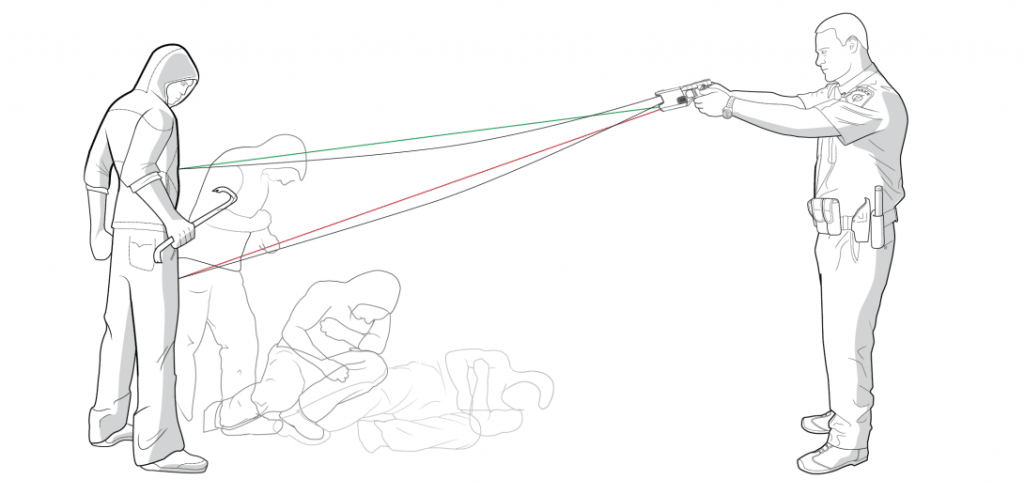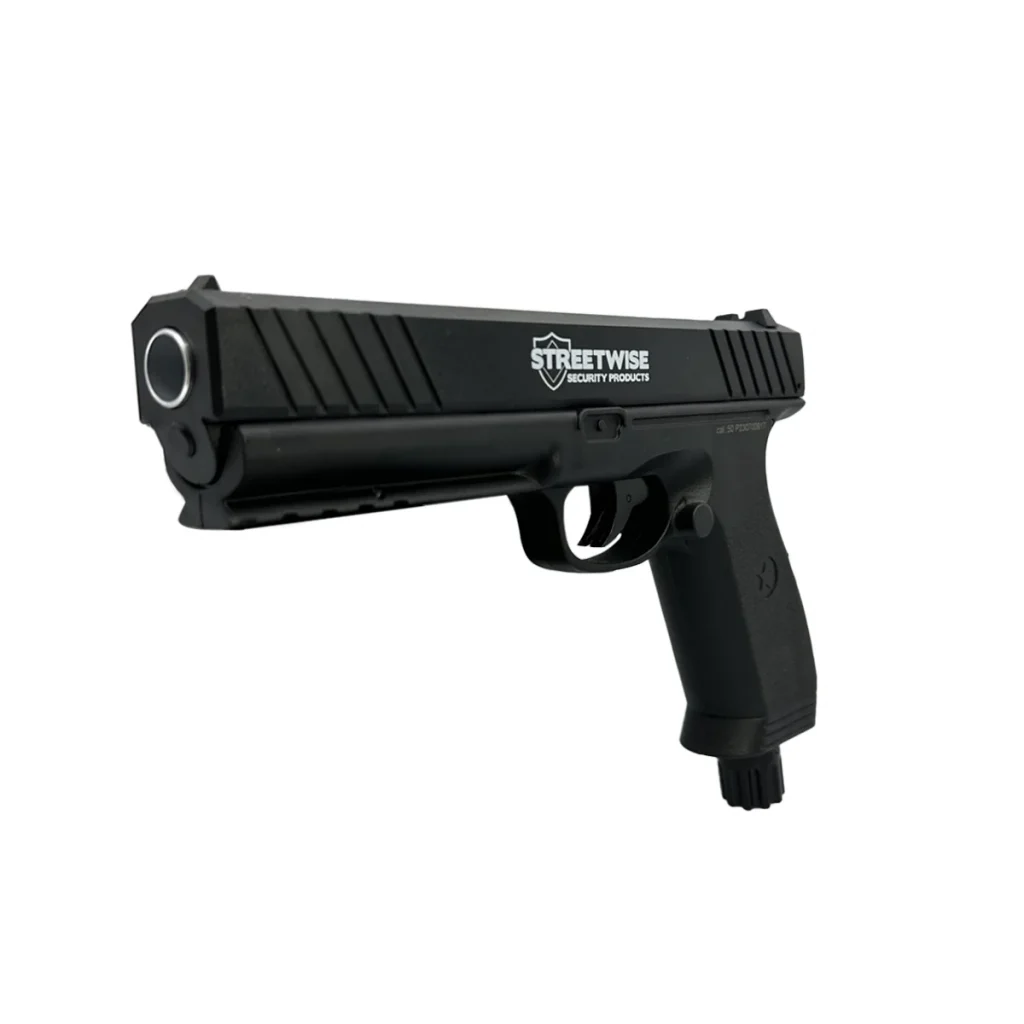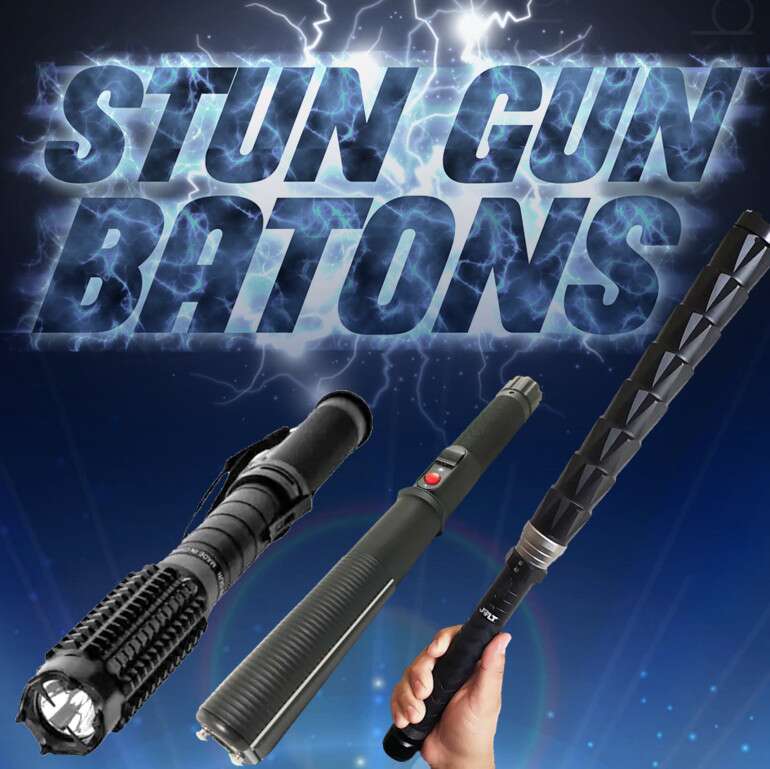In the quest for personal safety, understanding the tools at your disposal is crucial. Our latest blog post delves into the world of TASERs and stun guns, two potent devices designed for self-defense. While both offer a means to protect oneself, they come with distinct features, operational mechanisms, and implications for use. This guide offers a clear comparison, shedding light on each device’s power, range, and legal considerations, helping you make an informed decision on which is best suited for your personal defense needs. Explore the nuances of TASERs versus stun guns and arm yourself with knowledge to navigate the complexities of personal safety with confidence.
Welcome to the Self Defense Mall’s Video Vault, your go-to resource for empowering your personal safety. Our carefully curated videos offer practical insights into a range of self-defense tools, from pepper sprays to tactical pens. Learn effective techniques, understand safety protocols, and see these tools in action. Our goal is to equip you with knowledge and confidence for your personal security. Stay tuned for more updates in our ever-growing collection!
Elevate your self-defense skills with our expert guide on “How to Use a TASER Gun,” featuring the cutting-edge TASER 7 CQ. This compact and powerful tool is a must-have for anyone serious about personal safety. Learn the essentials of operating the TASER 7 CQ, understanding its legal implications, and practicing safety protocols. Equip yourself not just with a device, but with confidence and knowledge for effective protection.
“Explore the powerful Streetwise Heat Pepper Spray Gun in our latest blog post. This lightweight, semi-automatic pistol, designed for personal safety, offers a range of up to 60 feet and a rapid fire rate. We delve into its various ammo types, including pepper, metal, and rubber rounds, and its user-friendly features like a quick reload system and safety trigger. Discover how this non-lethal defense tool can be a game-changer in ensuring your security in today’s world.
In our latest blog post, “Mace vs Pepper Spray: A Comprehensive Guide to Personal Defense,” we delve into the nuances of personal defense sprays. We compare and contrast Mace and pepper spray, covering their effectiveness, legal considerations, and user experiences. Whether you’re a seasoned user or new to personal defense tools, this guide offers valuable insights into choosing the right option for your safety needs. Join us as we explore the world of self-defense sprays, their impacts, and innovative alternatives in the market
In our latest blog post, we delve into the world of safety keychains, a compact and practical solution for personal safety. We explore various options, highlighting their unique features and how they seamlessly integrate into daily life. From subtle designs to multifunctional tools, learn how these keychains not only enhance safety but also instill confidence. Join us as we uncover the importance of being prepared and the empowerment that comes with carrying a safety keychain.
Dive into our comprehensive guide on stun batons, a popular self-defense tool. We compare stun batons with alternatives like pepper spray, discussing their advantages, limitations, and key considerations to help you choose the most effective and suitable option for your personal safety needs.
In a world where personal safety can no longer be taken for granted, having a reliable self-defense tool is essential. Self-defense sticks stand out as compact, portable guardians that are easy to carry yet highly effective when needed most. Dive into the realm of self-defense sticks with us, exploring the different types available, essential techniques for their use, and tips on choosing the right one for your peace of mind. Whether you’re walking home late at night or venturing into unknown territories, equip yourself with the knowledge to stay safe and confident.
Welcome to Airsoft Ranger, your premier online destination for all things airsoft! We offer top-quality airsoft equipment and accessories, making us the go-to store for enthusiasts. Explore our offerings today!
Invest in your personal safety with a Knife of the Month Club membership. Explore premium knives, expert curation, and a thriving self-defense community.










